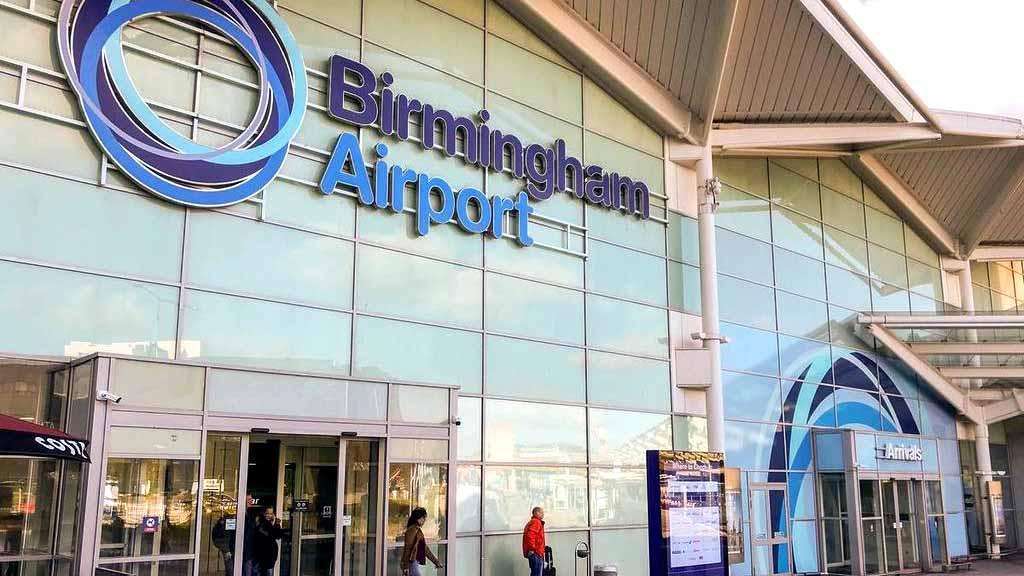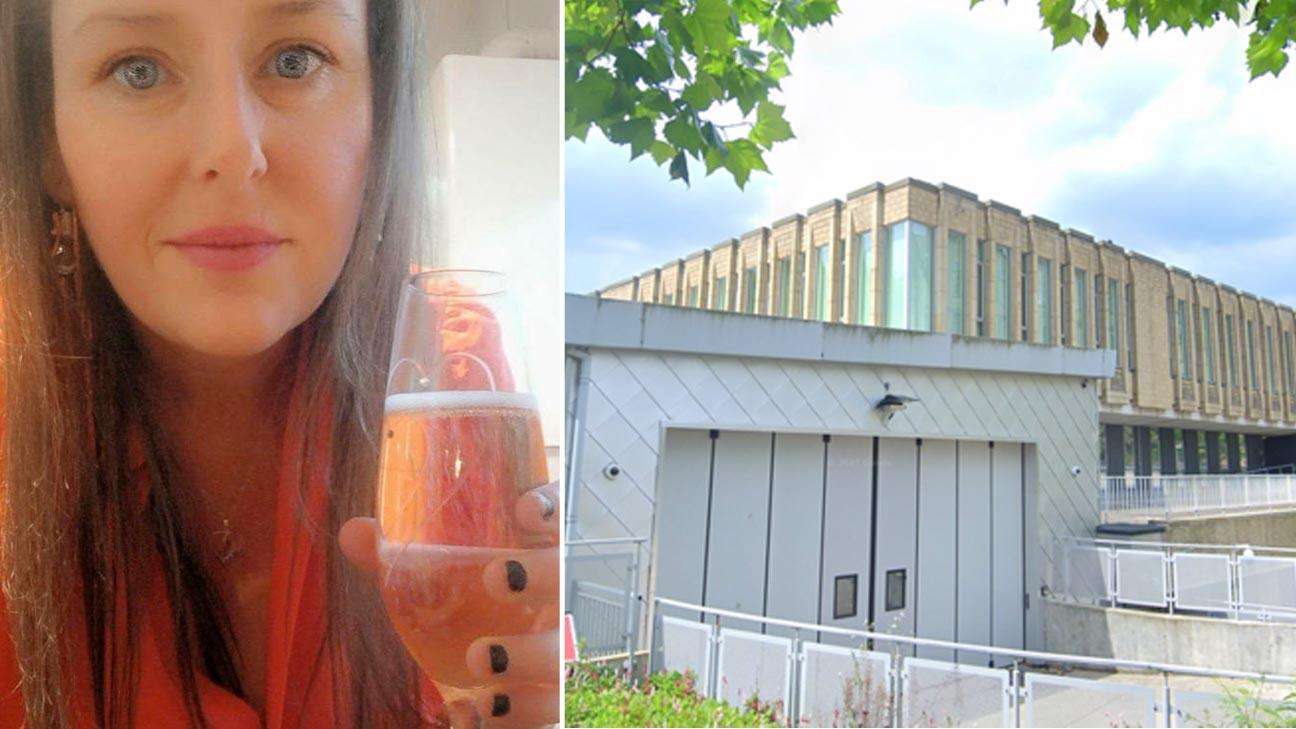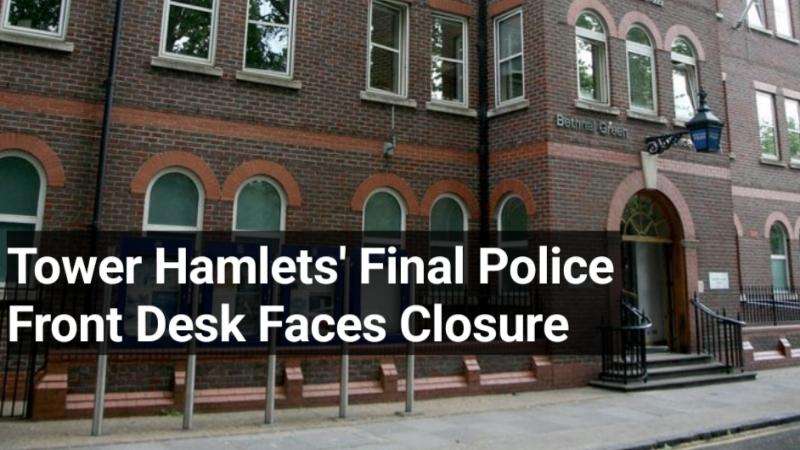A terrifying incident unfolded at the Belfast Islamic Centre on Friday, June 20, when a viable suspicious device was thrown through a mosque window during evening prayers. The discovery prompted an immediate security alert, an overnight cordon of the area, and the arrest of a 34-year-old man under the Terrorism Act. This "cowardly" act has ignited widespread condemnation and amplified deep-seated concerns within the UK's Muslim communities, particularly among British Muslims and the British-Bangladeshi population, who report escalating stress and anxiety amidst a documented rise in anti-Muslim hate crimes.
Assistant Chief Constable Anthony McNally confirmed that police responded at approximately 10:10 PM on Friday following reports of an object being thrown into the University Road property. A subsequent search of the building led to the discovery of the suspicious device. Ammunition Technical Officers attended and determined the object was viable, removing it for forensic examination. While the suspect has been arrested under the Terrorism Act, police are actively exploring various motives, including the strong possibility of a hate crime.
Northern Ireland Secretary Hilary Benn swiftly condemned the "shameful" act, stating unequivocally, "Hatred of this sort has no place in Northern Ireland. If anyone has any information about this, please contact the PSNI." Local politicians echoed this sentiment, emphasizing the fundamental right of individuals to feel secure in their places of worship. One local representative lauded a "courageous passer-by who intervened and prevented what could have been a far more tragic outcome," underscoring the severe potential of the attack. They further remarked, "This attack is yet another reminder of the very real danger faced by our Islamic community. The recent rise in racist hate and violence on our streets is a shameful stain on our society." The politician also critically urged public figures who "hide behind the notion of so-called 'legitimate concerns' around migration to reflect on the consequences of their words," asserting that such narratives "foster a culture in which hate can thrive."
A Disturbing Trajectory: Attacks on UK Mosques
The incident in Belfast is not an isolated event but rather indicative of a troubling and increasing pattern of attacks on mosques and Islamic institutions across the United Kingdom. While earlier instances in the 20th century were sometimes linked to the Troubles or isolated extremist actions, the 21st century has witnessed a significant and concerning surge in anti-Muslim hate crimes. Data from organizations like Tell MAMA (Measuring Anti-Muslim Attacks) and Muslim Census paints a stark picture of this alarming trend.
According to a report released by Tell MAMA in early 2025, the year 2024 saw an unprecedented number of anti-Muslim hate cases, reaching a record high of 6,313 incidents. This represents a dramatic 165% rise compared to 2022. Further underscoring this trend, the Home Office's police-recorded hate crime statistics for the year ending March 2024 revealed that almost 2 in 5 (38%) of all religious hate crimes explicitly targeted Muslims, marking a 13% increase from the previous year. These incidents span a spectrum from verbal abuse and online harassment to physical assaults and direct attacks on places of worship. Research conducted by Muslim Census and MEND found that a staggering 42% of mosques across the UK had experienced a religiously motivated attack in the past three years, with 83% of those experiencing an attack at least once a year. Just recently, in May 2025, three neo-Nazis were convicted of planning a terror attack on a mosque and synagogue in West Yorkshire, highlighting the extreme end of this spectrum of hate.
Living Under Shadow: Anxiety in British Muslim and British-Bangladeshi Communities
For British Muslims, and particularly for the British-Bangladeshi community – a substantial and established part of the UK's Muslim population, especially concentrated in areas like East London and cities across the North West – these incidents transcend mere statistics. They represent a tangible and immediate threat to their personal safety and profoundly impact their mental well-being. The persistent fear of discrimination, hate speech, and potential physical harm contributes to heightened anxiety, stress, and a pervasive sense of insecurity in their daily lives.
Community leaders and mental health professionals report that the ongoing experience of Islamophobia can lead to chronic anxiety, depression, and even post-traumatic stress disorder (PTSD). The feeling of alienation, coupled with the pressure to self-censor or conform to avoid discrimination, often results in identity crises, making it challenging for individuals to express their faith and heritage freely. Many individuals report altering their daily routines, avoiding specific public spaces, or even modifying their appearance (such as visible religious symbols) in an attempt to feel safer. British-Bangladeshi communities, often with strong communal ties, feel particularly vulnerable, with parents expressing deep fear for their children's safety and well-being when outside their homes. The collective trauma stemming from such attacks fosters a climate of distrust, leading some to withdraw from social life and community engagement. Studies have also highlighted that British-Bangladeshi men, in particular, are among the lowest number of people referred to primary care NHS Talking Therapies services, and among the most likely to have deteriorated, suggesting significant barriers to seeking mental health support within the community.
Despite the persistent stigma surrounding mental health discussions in some Muslim communities, there is a growing recognition of the urgent need for accessible and culturally sensitive support. Organizations like Tell MAMA and the Muslim Youth Helpline offer confidential resources, actively encouraging victims to come forward and report incidents. The UK government has also acknowledged the escalating problem, launching initiatives such as a "Combatting Hate Against Muslims fund" and establishing a working group to formulate a definitive definition of anti-Muslim hatred/Islamophobia. These efforts aim to enhance the monitoring of incidents and provide crucial support for victims. However, for many within the affected communities, the true effectiveness of these measures will be ultimately judged by whether they translate into a tangible and sustained reduction in hate crimes and a restored sense of safety and belonging for a community living under the shadow of rising intolerance.
Anyone with information about the Belfast incident is urged to contact authorities on 101, quoting reference number 1808 20/06/25, or submit a report online via the PSNI website. Crimestoppers also offers an anonymous reporting option on 0800 555 111.







_1.jpg)
.svg)


_1.jpg)